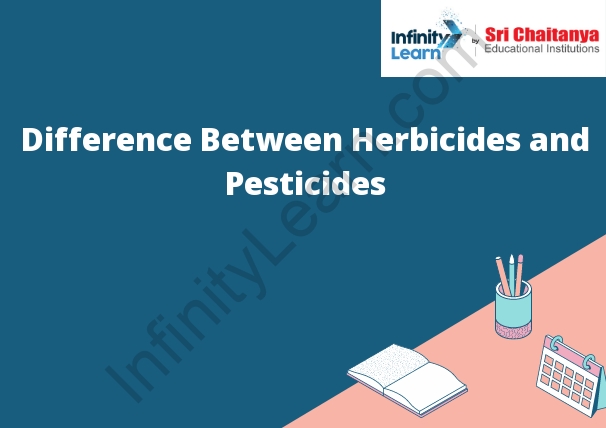Table of Contents
What are Pesticides and Herbicides? ;
Pesticides are chemicals that are used to kill pests, such as insects, rodents, and weeds. Herbicides are chemicals that are used to kill plants, such as weeds. Difference Between Herbicides and Pesticides.

Effects of Pesticides
Pesticides are chemicals that are used to kill pests, such as insects, rodents, and weeds. They are used in agriculture, horticulture, and forestry, and also in public health and in the home.
Pesticides can have harmful effects on human health and the environment. Some pesticides can cause cancer, birth defects, and other health problems. They can also kill bees and other pollinators, and damage wildlife and their habitats.
Pesticides can enter the environment through the air, water, and soil. They can also be carried by wind and rain, and contaminate food and water supplies.
Types of Pesticides
Pesticides are chemicals that are used to kill pests. They are used to protect crops from being eaten by insects, to protect livestock from being killed by parasites, and to protect humans from being bitten by mosquitoes and other insects.
There are many different types of pesticides. The most common types are insecticides, herbicides, and fungicides.
Insecticides are chemicals that are used to kill insects. The most common insecticides are organophosphates and pyrethroids.
Herbicides are chemicals that are used to kill weeds. The most common herbicides are glyphosate and 2,4-D.
Fungicides are chemicals that are used to kill fungi. The most common fungicides are azoles and strobilurins.
Pesticides can be classified by their mode of action. The most common modes of action are contact, systemic, and stomach.
Contact pesticides kill pests by coming into contact with them. Systemic pesticides are absorbed by the plant and are then transported to the leaves, where they kill the pests. Stomach pesticides kill pests by being ingested.
What are Herbicides?
Herbicides are chemicals that are used to kill plants. They can be used to kill weeds or to kill crops that are pests. Herbicides can be used to kill plants that are growing in the wrong place, or they can be used to kill plants that are competing with crops for space or for nutrients.
Selective and Non-Selective Herbicides
Herbicides are chemicals that are used to kill plants. There are two types of herbicides: selective and non-selective. Selective herbicides kill certain types of plants, while non-selective herbicides kill all plants.
Selective herbicides are used to kill weeds without harming the crops. They work by targeting certain enzymes in the weed that are not found in the crops. This allows the herbicide to kill the weed without harming the crops.
Non-selective herbicides kill all plants, including the crops. They work by damaging the cell walls of the plants. This causes the plants to die.
Both selective and non-selective herbicides have their advantages and disadvantages.
Selective herbicides are more environmentally friendly, because they only kill the weeds and not the crops. They are also less expensive to use, because you only need to use a small amount to kill the weed.
Non-selective herbicides are more effective at killing weeds, because they damage the cell walls of the weed. They are also cheaper to buy, because you do not need to buy a specific herbicide for each type of weed.
However, non-selective herbicides can also damage the crops. This can reduce the yield of the crops and increase the cost of production.






